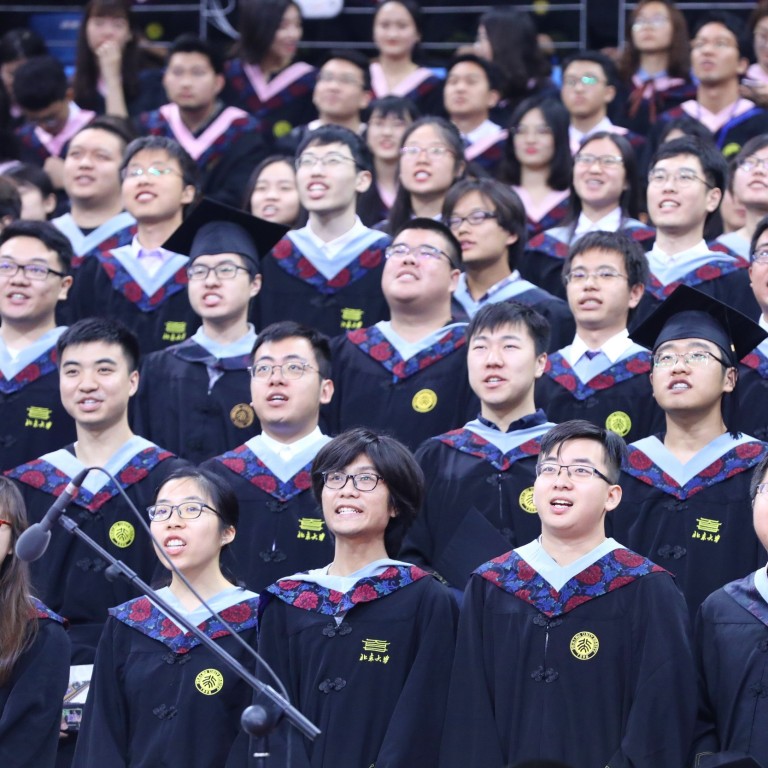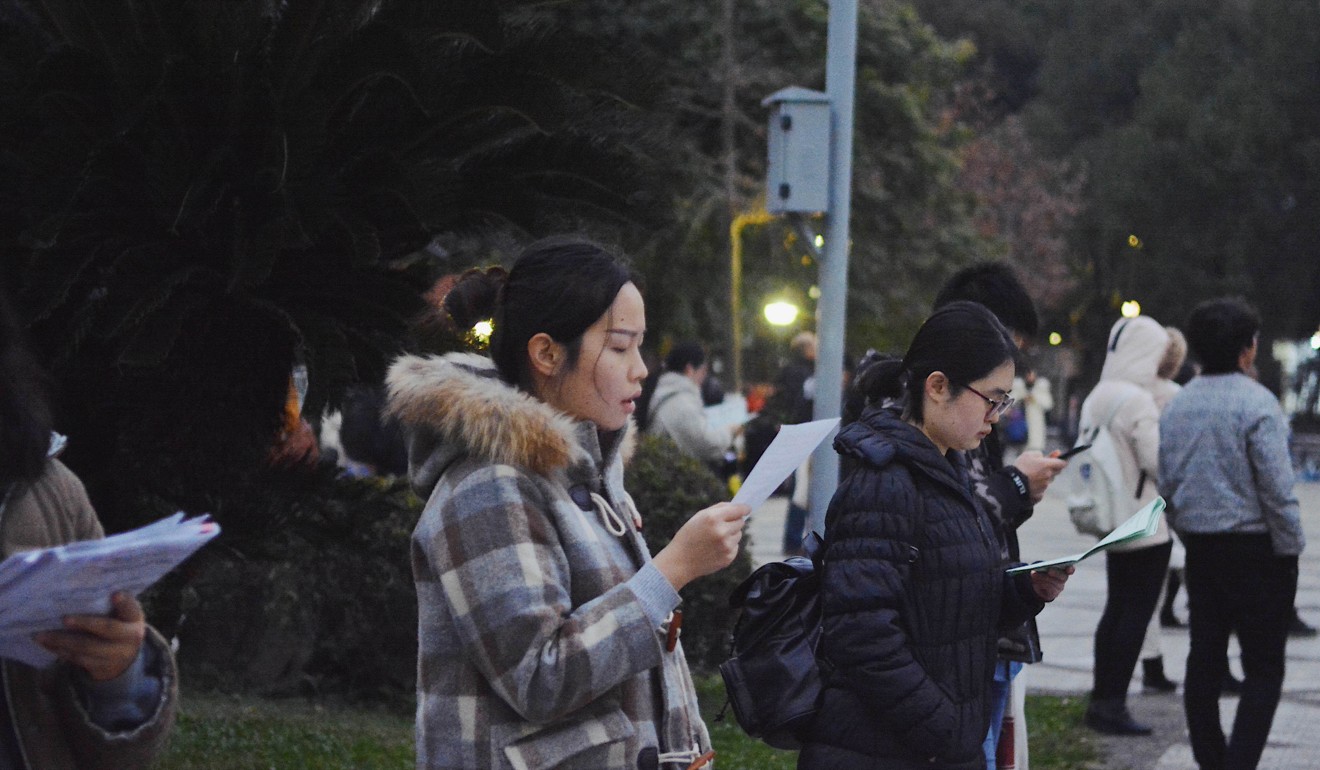
Actor Zhai Tianlin’s plagiarism scandal underlines the failures of China’s university system
- The case highlights Chinese people’s obsession with higher degrees, preferably with a foreign pedigree, but also shakes confidence in local institutions, which emphasise rapid research output and are plagued by plagiarism and low-quality writing
Zhai’s woes began when internet users dug up an academic paper he wrote, 40.4 per cent of which was found to have been plagiarised from another author’s work published in 2006. In addition to Zhai being penalised, his adviser at the Beijing Film Academy will not be allowed to supervise doctoral candidates.
While the Ministry of Education is paying attention to the matter and both implicated schools are looking into their academic review processes, this incident will hopefully be a huge wake-up call for China’s higher education sector.
We must first ask: what is the value system that drives people with significant achievements to pursue the halo of an advanced degree, sometimes unrelated to their own main profession, even at the expense of integrity? However, perhaps the greater question is: why can’t a degree-obsessed society develop more truly world-class universities?
Over the years, based on my conversations with many educators and admission specialists, and my own experience of facing endless requests from parents to help their children get into Ivy League universities, I have come to understand that the mentality of many Chinese people is diametrically opposed to what I think a good education, or a degree from a prestigious American university, involves. While these zealous parents and students are attempting to escape the trappings of the “repressive” Chinese education system, they are effectively projecting a skewed world view onto universities in the United States.

The Chinese government has over the past few decades made it a priority to elevate its higher education institutions to world-class standards, with increased investment in facilities and improved teaching and research conditions. China has witnessed an exponential growth in the number of PhD graduates, having surpassed the US in 2008, and remains the top annual producer of PhDs in the world today.

The irony is that while in the eyes of the Chinese public, a US degree is worth more than a domestic one, Chinese parents and students often fail to grasp the essence of what makes for a top US university education: independent thinking, freedom of academic pursuit, love of learning for its own sake and not for immediate monetary gains, and no short cuts. By projecting their own sense of “market value”, Chinese students often come to the US with the baggage of their worship of diplomas over substance.
In an article published in 2014 on Chinese Social Sciences Net, a website sponsored by the Chinese Academy of Social Sciences, Xu Junzhong, then a vice-president at Guangzhou University, warned that China would continue to suffer from a “higher education deficit” if the situation was not remedied. He observed that many parents and students flock to programmes jointly offered by less-than-stellar foreign and domestic universities.
In other words, people are willing to pay a premium for a “foreign education”, even if it is offered domestically and merely gilded with an international pedigree. This perhaps betrays a fundamental distrust in domestic institutions.
It is generally believed that the Zhai debacle is just the tip of the iceberg. It points to a systemic failure of multiple gatekeepers at some of China’s very top universities: the double-blind peer review system, whereby manuscripts are submitted anonymously to academic journals and vetted by two experts, apparently failed to detect the obvious cheating. Educators turn a blind eye to candidates who come with money, fame and power.
Chinese society’s obsession with academic degrees hails from dynastic China’s civil service examination. Traditionally, the imperial exam system was a social equaliser and prepared candidates for the state bureaucracy. In today’s world, if academia cannot free itself from heavy-handed political intervention, the result will be a pervasive lack of confidence in educational institutions as places to develop one’s true potential and integrity. Zhai’s story is forcing China to confront the urgency of educational reform.
Chiu-Ti Jansen, with advanced degrees from Yale and Columbia, is the founder of multimedia platform China Happenings and a former corporate partner of international law firm Sidley Austin

